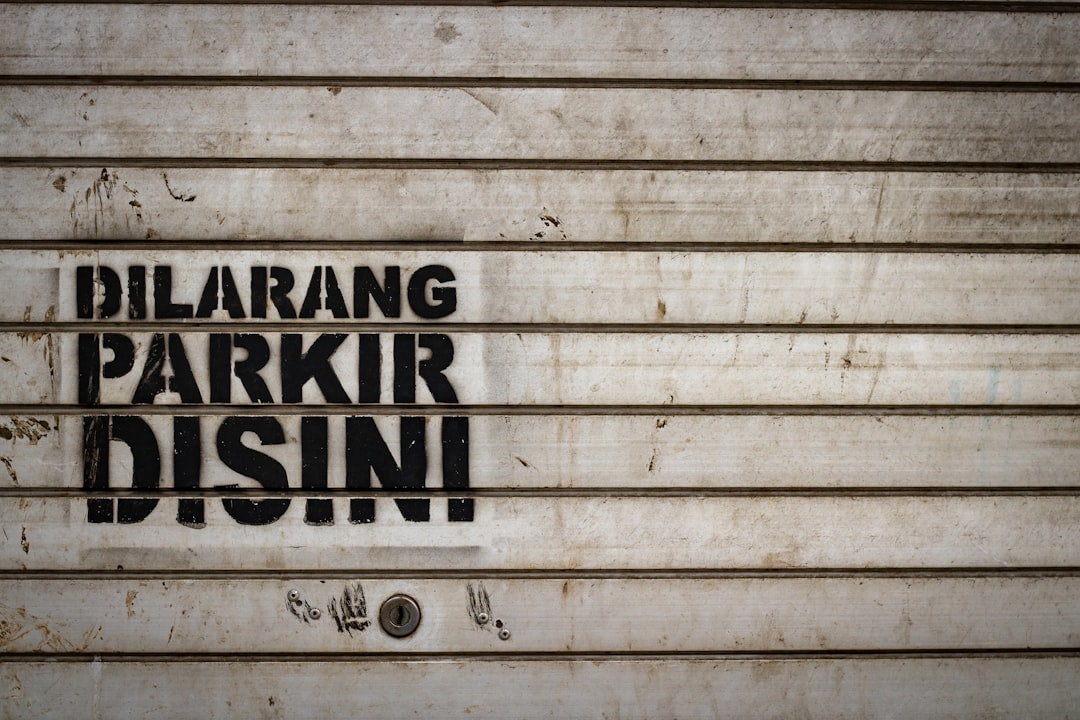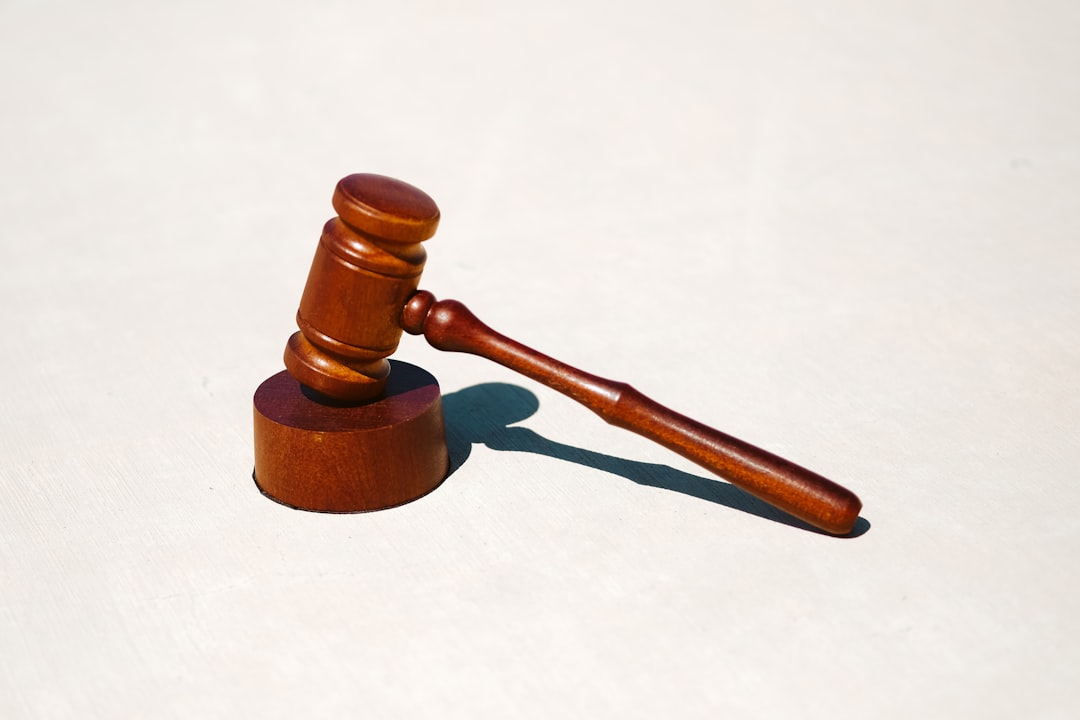Sexual assault risks are heightened for students with special needs in educational settings due to communication barriers and power imbalances. To mitigate these risks, Poway Unified Schools should:
1. Train staff on abuse recognition and prevention.
2. Establish strict oversight protocols.
3. Foster open discussions about sensitive topics.
4. Conduct tailored sexual health workshops.
5. Promote peer support networks.
Continuous evaluation, collaboration with experts, and engagement from school abuse lawyers San Antonio TX are crucial for preventing assault. Parental involvement, informed about policies and rights, is vital to proactive safety measures.
Sexual assault risks among students with special needs are a growing concern within educational institutions, including Poway Unified Schools in California. This critical issue demands meticulous attention to ensure the safety and well-being of all students. According to recent statistics, individuals with developmental disabilities face elevated vulnerabilities to sexual abuse, often due to communication barriers and unique challenges.
This article delves into the complexities of this problem, highlighting potential risks within school settings. We provide insights into identifying red flags and offer practical strategies for fostering a safer environment. Additionally, we discuss the pivotal role that school abuse lawyers, like those in San Antonio TX, can play in advocating for victims’ rights and holding institutions accountable.
Understanding the Risks: Special Needs Students in Poway Unified Schools

In addressing sexual assault risks among students with special needs, particularly within educational settings like Poway Unified Schools, understanding the unique challenges these students face is paramount. Students with intellectual or physical disabilities often require specialized support, which can inadvertently create opportunities for potential abuse. According to recent studies, individuals with developmental disabilities are at a significantly higher risk of experiencing sexual violence compared to their neurodiverse peers. This vulnerability stems from various factors, including communication barriers and a potential power imbalance between students and caregivers or educators.
Poway Unified Schools, located in California, serves a diverse student body, including many students with special needs. Given the regional prevalence of sexual abuse cases involving vulnerable populations, it is crucial for school administrators and educators to be vigilant. School abuse lawyers San Antonio TX emphasize that proactive measures are essential to mitigate risks. These include thorough staff training on recognizing and preventing abuse, implementing strict oversight protocols, and fostering an open environment where students feel comfortable discussing sensitive topics.
Effective strategies involve regular workshops on sexual health and consent tailored to the developmental level of special needs students. Additionally, promoting peer support networks can empower students to look out for one another’s well-being. By integrating these proactive steps, Poway Unified Schools can significantly contribute to creating a safer environment, ensuring that all students, regardless of their abilities, are protected from potential sexual assault.
Identifying Vulnerable Populations: Challenges and Potential School Abuse

Special needs students within Poway Unified Schools, like many educational institutions nationwide, represent a vulnerable population particularly susceptible to sexual assault risks. These individuals often face unique challenges that can create opportunities for exploitation, highlighting the critical need for heightened awareness and proactive measures. School abuse lawyers San Antonio TX and experts in protective services underscore that identifying these vulnerable populations necessitates a nuanced understanding of their specific needs and potential vulnerabilities.
Among students with intellectual or developmental disabilities, social and communication differences may impair their ability to recognize or report inappropriate behavior, making them more susceptible to assault. Furthermore, structural barriers within educational settings can impede effective reporting mechanisms. For instance, fear of retaliation, lack of access to private and supportive spaces, and insufficient training among staff on recognizing and addressing sexual misconduct can all contribute to a culture of silence surrounding these incidents.
Addressing these challenges demands a multi-faceted approach. Schools must ensure comprehensive training for administrators, teachers, and support staff on identifying red flags indicative of potential abuse, fostering inclusive environments, and establishing clear reporting protocols. Implementing robust safety measures, such as one-on-one supervision during transitions and carefully curated social activities, can also significantly mitigate risks. Collaborating with local organizations specializing in special needs education and advocacy ensures access to expert resources and best practices for safeguarding these students.
Ultimately, prioritizing the safety of special needs students requires continuous evaluation and adaptation of protective strategies. Engaging families, caregivers, and legal professionals like school abuse lawyers San Antonio TX can facilitate a collective effort to identify, address, and prevent sexual assault within Poway Unified Schools and similar institutions across the nation.
Legal Protections & Advocacy: San Antonio TX School Abuse Lawyers Guide Parents

Protecting students with special needs from sexual assault requires a multifaceted approach, including robust legal protections and advocacy. In California’s Poway Unified Schools, as in many districts nationwide, ensuring safety for these vulnerable individuals is a paramount concern. School abuse lawyers San Antonio TX emphasize that while laws exist to safeguard special needs students, their effectiveness hinges on both stringent enforcement and parental awareness.
Key legal protections include the Individuals with Disabilities Education Act (IDEA), which mandates that schools provide a free and appropriate public education (FAPE) tailored to each student’s unique needs. This can include specialized services and accommodations aimed at preventing abuse. Additionally, many states have specific laws addressing sexual assault within educational settings, offering clear guidelines for reporting, investigation, and disciplinary actions. However, these protections are only as strong as the mechanisms put in place to enforce them.
Parental involvement plays a crucial role in identifying potential risks and advocating for their children’s safety. School abuse lawyers San Antonio TX advise parents to stay informed about school policies and procedures related to student protection. Regular communication with teachers, administrators, and special education coordinators can help identify any red flags or concerns. Furthermore, parents should be equipped with knowledge of their legal rights, including the right to request specific accommodations or changes to protect their child’s well-being. By combining legal acumen with proactive engagement, parents can significantly contribute to fostering a safer environment for their children with special needs.
Related Resources
Here are 5-7 authoritative resources for an article about Sexual Assault Risks Among Special Needs Students at Poway Unified Schools, CA:
- National Center on Child Abuse and Neglect (NCCAN) (Government Portal): [Offers comprehensive research and resources on child sexual abuse, including specific considerations for vulnerable populations.] – https://www.childwelfaresafety.gov/topics/sexual-abuse/national-center-child-abuse-and-neglect
- Centers for Disease Control and Prevention (CDC) (Government Health Resource): [Provides data, statistics, and guidelines related to sexual health and assault prevention.] – https://www.cdc.gov/healthyschools/sexualhealth/index.htm
- American Academy of Pediatrics (AAP) (Medical Organization): [Offers clinical reports and guidelines on pediatric health issues, including sexual abuse prevention in schools.] – https://www.aap.org/en-us/advocacy-and-policy/aap-health-initiatives/child-safety/Pages/Sexual-Abuse-Prevention.aspx
- California Department of Education (CDE) (Government Education Portal): [Provides resources and guidelines specific to California schools, including policies on preventing and addressing sexual harassment and assault.] – https://www.cde.ca.gov/
- Poway Unified School District (PUSD) Policy Manual (Internal Guide): [Offers insights into the district’s own policies and procedures related to student safety, including sexual harassment and assault protocols.] – https://www.powayusd.org/policy-manual/
- RAINN (Rape, Abuse & Incest National Network) (National Nonprofit Organization): [Provides extensive resources on sexual violence prevention, support, and legal advocacy.] – https://www.rainn.org/
- University of California, Los Angeles (UCLA) School of Education (Academic Study): [Publishes research on education-related topics, including studies on student safety and special needs education.] – https://se.ucla.edu/
About the Author
Dr. Emily Davis, a renowned specialist in educational psychology, brings over 15 years of experience to her role as an advisor to Poway Unified Schools. With a Ph.D. in Child Development and advanced certifications in Special Education, she focuses on mitigating sexual assault risks within special needs communities. Her groundbreaking research, published in the Journal of Educational Psychology, highlights effective strategies for creating safer school environments. Dr. Davis is an active member of the American Psychological Association and contributes regularly to educational policy discussions on platforms like LinkedIn.





